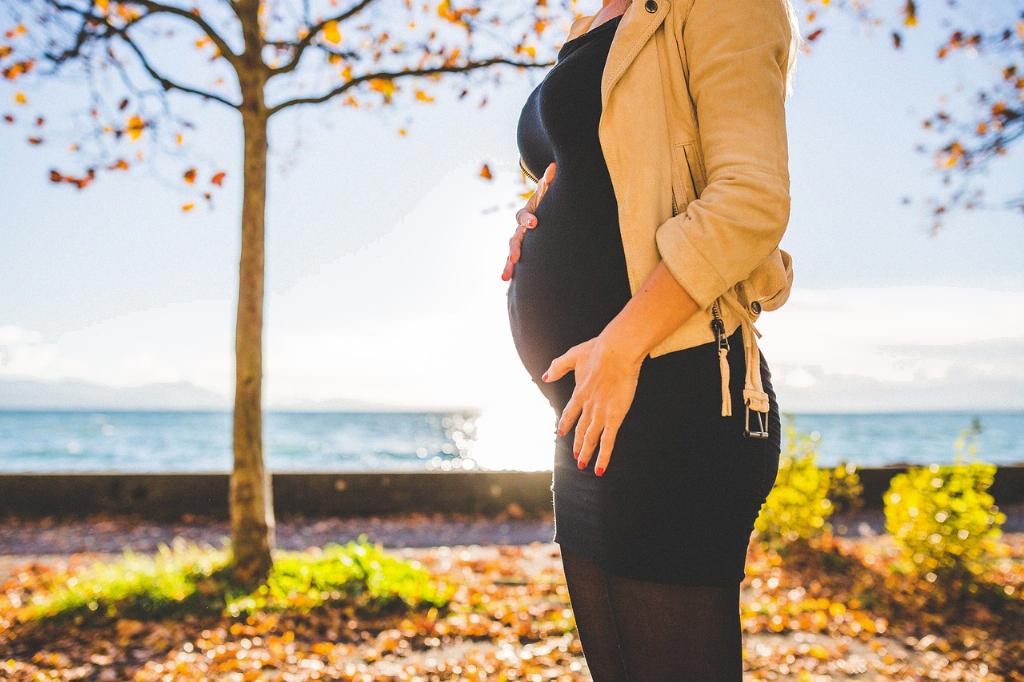Varicella, commonly known as chickenpox, is a highly contagious infection caused by the varicella-zoster virus. While most cases of chickenpox are mild, the infection can lead to serious complications in pregnant women, including pneumonia and birth defects in the baby. To protect both the mother and the baby, it is crucial for women to get vaccinated against varicella before becoming pregnant.
When to Get the Varicella Vaccine
According to recommendations from the American Academy of Pediatrics and the Centers for Disease Control and Prevention, women should ideally receive the varicella vaccine at least one month before trying to conceive. This one-month waiting period is crucial to ensure that the vaccine has enough time to provide full protection against the varicella virus before the woman becomes pregnant.
The Safety of the Varicella Vaccine
The varicella vaccine is considered safe for most women who are planning to become pregnant. Extensive studies have shown that the vaccine does not pose any significant risk to women or their babies. In fact, getting vaccinated before pregnancy can significantly reduce the risk of complications from varicella infection during pregnancy.
Consulting with a Healthcare Provider
Before getting the varicella vaccine or any other vaccine, it is important for women to consult with their healthcare provider. The healthcare provider can assess the woman’s overall health and medical history to determine if the vaccine is appropriate for her. They can also provide personalized recommendations based on the woman’s individual circumstances.
Benefits of Getting Vaccinated
Getting vaccinated against varicella before pregnancy offers several benefits. Not only does it protect the woman from the risks of varicella infection during pregnancy, but it also helps prevent the transmission of the virus to the baby. By getting vaccinated, women can safeguard their own health and the health of their future children.
Understanding Varicella Infection During Pregnancy
Varicella infection during pregnancy can lead to serious complications, including congenital varicella syndrome in the baby. Congenital varicella syndrome can cause birth defects such as skin scarring, eye abnormalities, and limb hypoplasia. By getting vaccinated before pregnancy, women can significantly reduce the risk of these complications.
Ensuring Healthy Pregnancy Outcomes
Ensuring a healthy pregnancy outcome involves taking proactive steps to protect both the mother and the baby from potential risks. One of these steps is getting vaccinated against varicella before trying to conceive. By following the recommended vaccination guidelines, women can enhance the chances of a healthy and successful pregnancy.
Side Effects of the Varicella Vaccine
Like any vaccine, the varicella vaccine can cause mild side effects in some women. These side effects are typically minor and temporary, such as soreness at the injection site or a low-grade fever. Serious side effects from the varicella vaccine are rare, and the benefits of vaccination far outweigh the risks.
Staying Informed and Educated
Staying informed and educated about the varicella vaccine and other vaccines is essential for women who are planning to become pregnant. By understanding the importance of vaccination before pregnancy, women can make informed decisions about their health and the health of their future children. Education is key to promoting a safe and healthy pregnancy.
Final Thoughts
In conclusion, the varicella vaccine should ideally be given at least one month before pregnancy to ensure optimal protection against varicella infection. By following the recommendations of healthcare providers and public health authorities, women can safeguard their own health and the health of their babies. Vaccination is a simple yet powerful way to prevent the risks associated with varicella infection during pregnancy and promote positive pregnancy outcomes.

